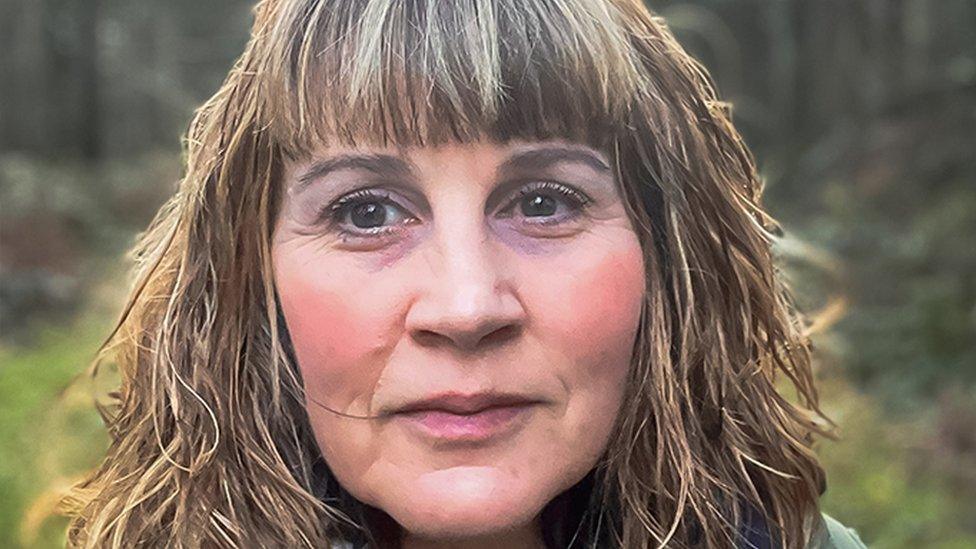Woman in 'despair' after shielding from Covid for years
- Published
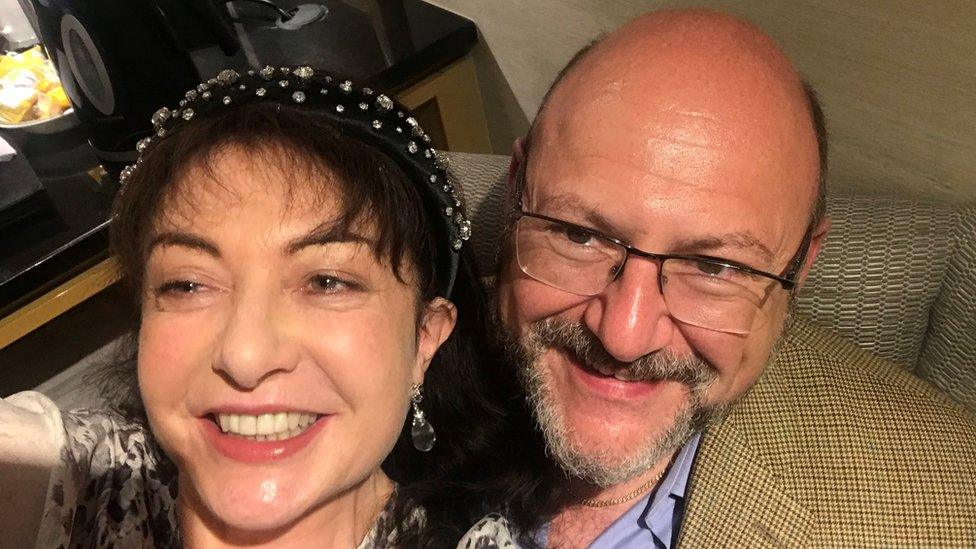
Jennifer's husband has lived in a different room to her since the start of the pandemic
A woman says she is in "despair" after spending three years in isolation shielding from Covid-19.
Jennifer, from North East Somerset, has numerous health conditions, including a blood-clotting disease, and says she is living a "ridiculously restricted, unpleasant, depressing life".
She said she is one of thousands of "forgotten" immuno-compromised people still shielding from the virus.
Jennifer is now backing a new report calling on the government to do more.
A group of MPs has been discussing the findings of a report from the University of Bath, which surveyed 800 immuno-compromised people on the ongoing impact of Covid-19 - and they're calling on Health Minister Victoria Atkins to take action.
The report revealed, external "persistent, negative differences in health, finances, mental health, trust in politics and life satisfaction" among immuno-compromised people when compared with the general population.
It also found immuno-compromised people had higher rates of diagnosis of mental health conditions.
In the UK, 1.2 million people are still classed as "clinically exceptionally vulnerable" to Covid-19, although there is no current rule saying they have to shield.
Due to their conditions and medications the current Covid-19 vaccines are ineffective for many of them.
A study in October, funded by AstraZeneca,, externalfound immuno-compromised individuals account for 22% of all Covid-related hospitalisations and 25% of Covid-related deaths (25%) in England.
It said even after repeated doses of Covid-19 vaccines, their risk of hospitalisation from the virus was 14 times higher than the general population.
Day-to-day "it's very difficult to keep going when you're isolated and restricted", said Jennifer, who has other health issues as well as being autoimmune.
The former lawyer has taken the Covid vaccines, but says they do not offer much protection for her.
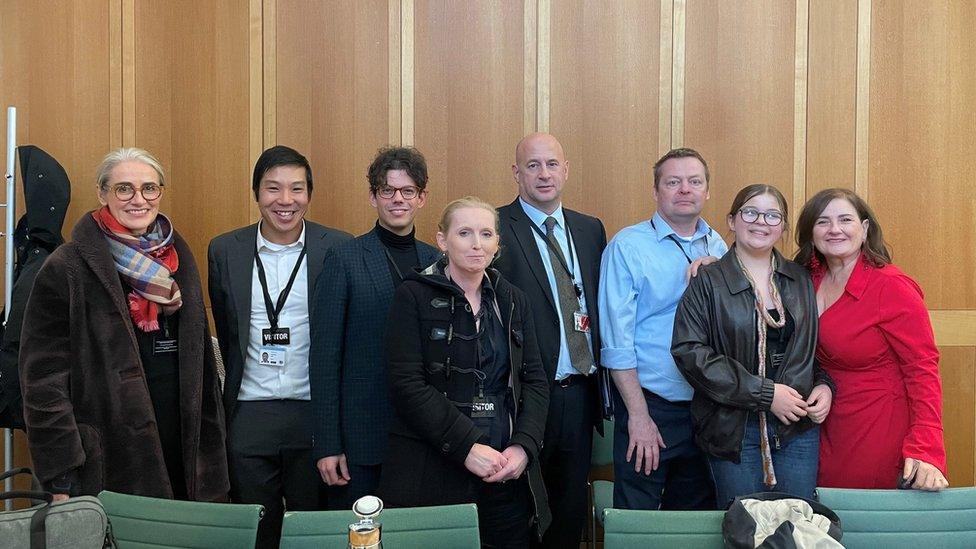
Dr Jo Daniels (C) worked with the All Party Parliamentary Group on Vulnerable Groups to Pandemics
Jennifer, who is classed as functionally disabled, said she was in "despair, desolation and great depression" from being in isolation for so long.
"There's been no shops, no travel, no life, nothing. I feel that my life is passing me by," she said.
No one has visited her in her house for about three years and she lives separately to her husband.
"He's entitled to have a life, but it means we do not have a life together," she said.
Jennifer said catching Covid-19 could result in her hospitalisation or even death.
She is also worried about being admitted to hospital for any other problem and catching the virus there.
Protective drugs could help give people with compromised immune systems more freedom, but the government has not yet agreed to fund any.
It rejected a drug called Evusheld last year, however The National Institute for Health and Care Excellence (NICE) published new guidance in November saying it will start a fresh appraisal of the drug in February 2024.
NICE said it will be accepting clinical data on the drug, which it refers to as AZD 3152, between February and April, after which it will issue further guidance.
Jennifer said she hopes a possible updated version of Evusheld, which may be made available in 2024, "is as potent a protection as its predecessor".
"It would be so unjust if it wasn't provided," she added.
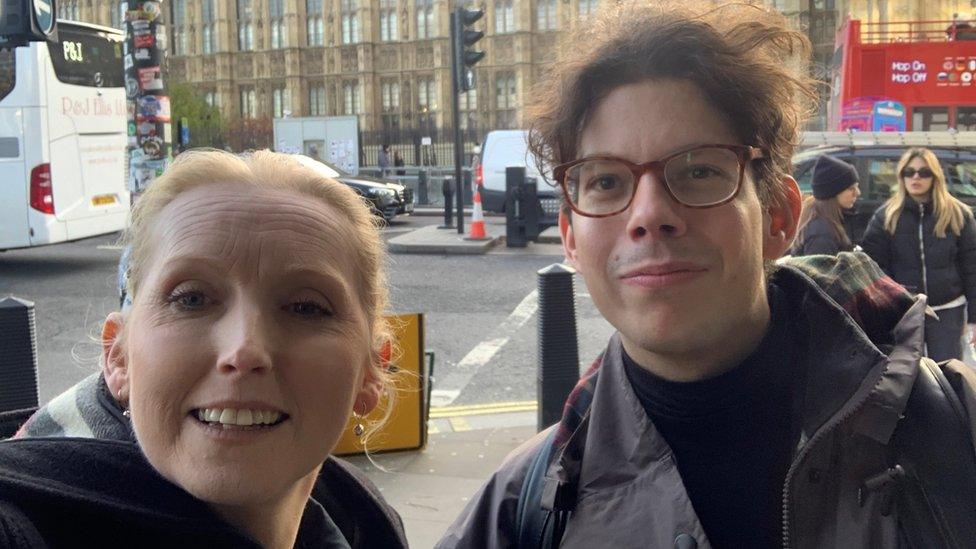
Dr Jo Daniels is amongst those campaigning for more support for immuno-compromised people
"One has to live in hope because without it I don't think that people like me can go on," she added.
As Christmas approaches, Jennifer said she and her husband will be eating alone, communicating with each other over Zoom and if they are "lucky" with the weather, they can have a walk together.
"This is not how I want to live my life, it's how I'm forced to live my life," she added.
'We must act now'
Dr Jo Daniels, who led the University of Bath research, said she had asked for a minister to be appointed to be responsible for vulnerable people.
"We really need somebody who is looking out for those people in particular, to think about what their needs might be," she said.
"It's important those who have been shielding at home have access to psychological care.
"We must act now to prevent longer-term consequences."
Ms Daniels has discussed the findings in the report with MPs and the government said it was considering next steps.
A Department of Health and Social Care spokesperson said: "We understand how devastating autoimmune conditions can be and recognise that NICE's guidance has been disappointing to those affected, but interventions have included antivirals, therapeutics, a focused vaccination programme and guidance for people whose immune system means they are at higher risk."

Follow BBC West on Facebook, external, X, external and Instagram, external. Send your story ideas to: bristol@bbc.co.uk , external
- Published20 July 2023
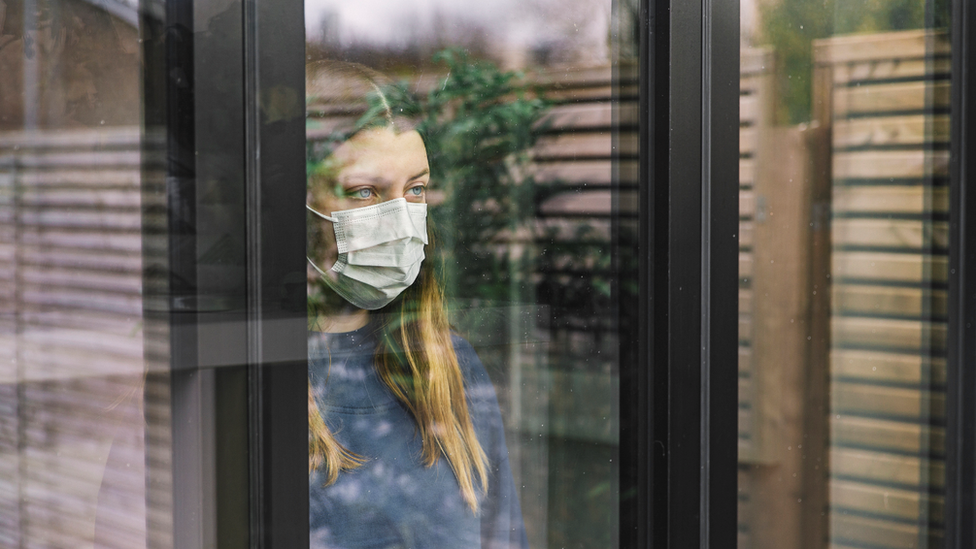
- Published27 November 2023
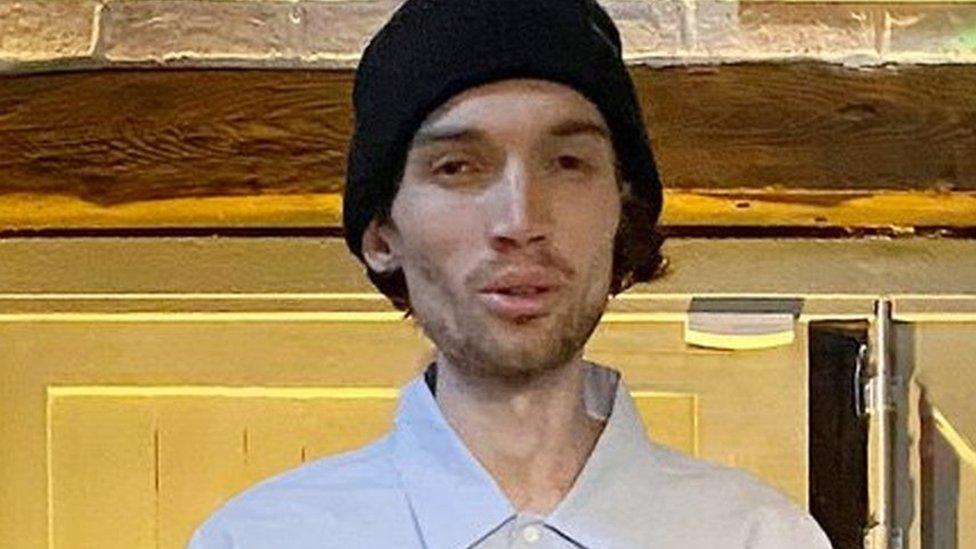
- Published6 March 2023
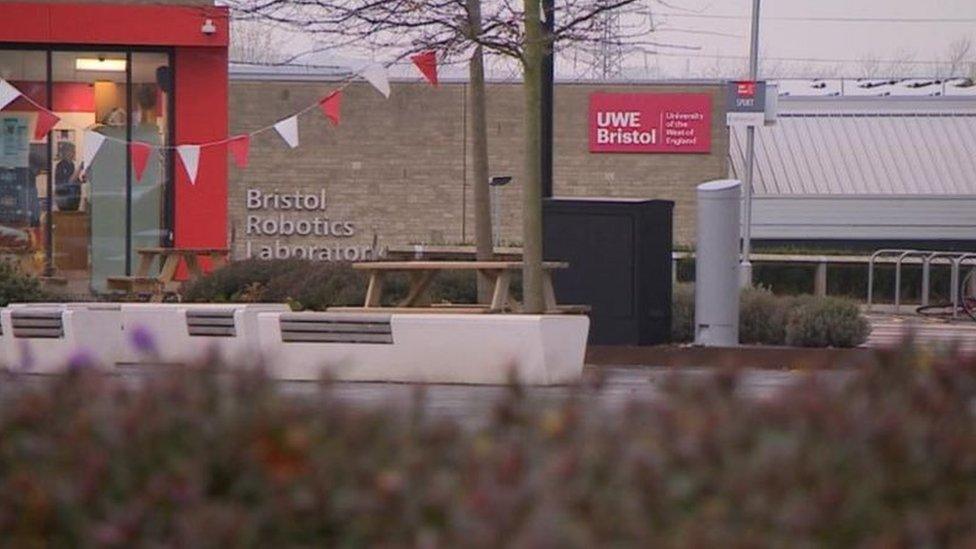
- Published18 January 2023
